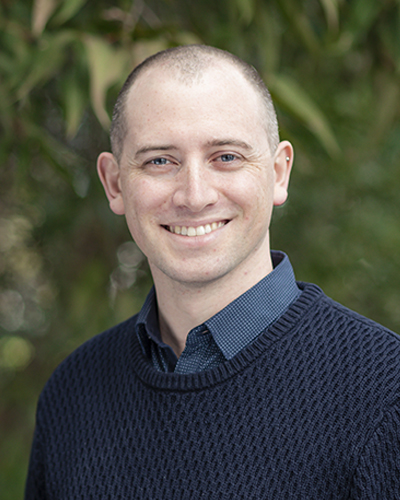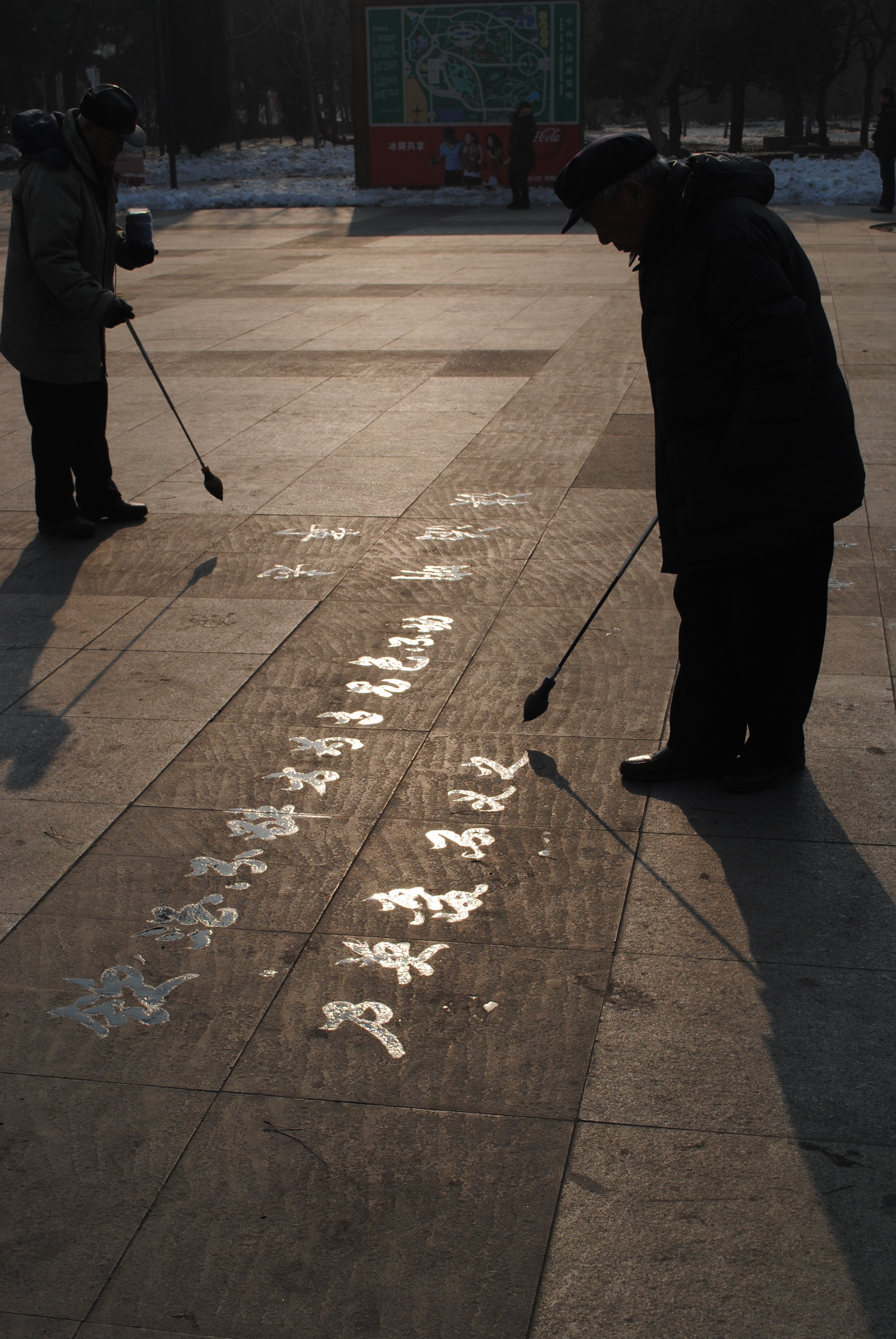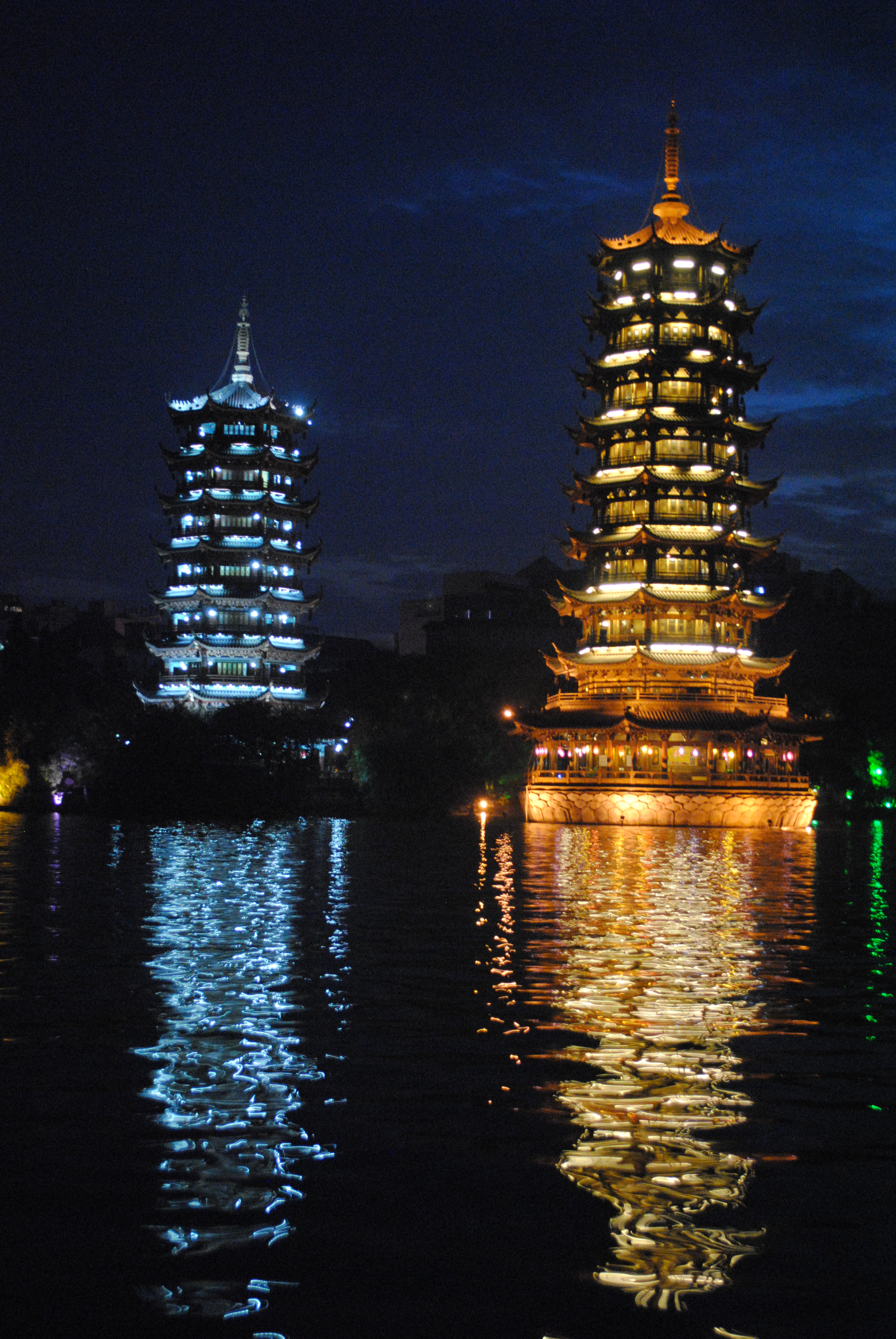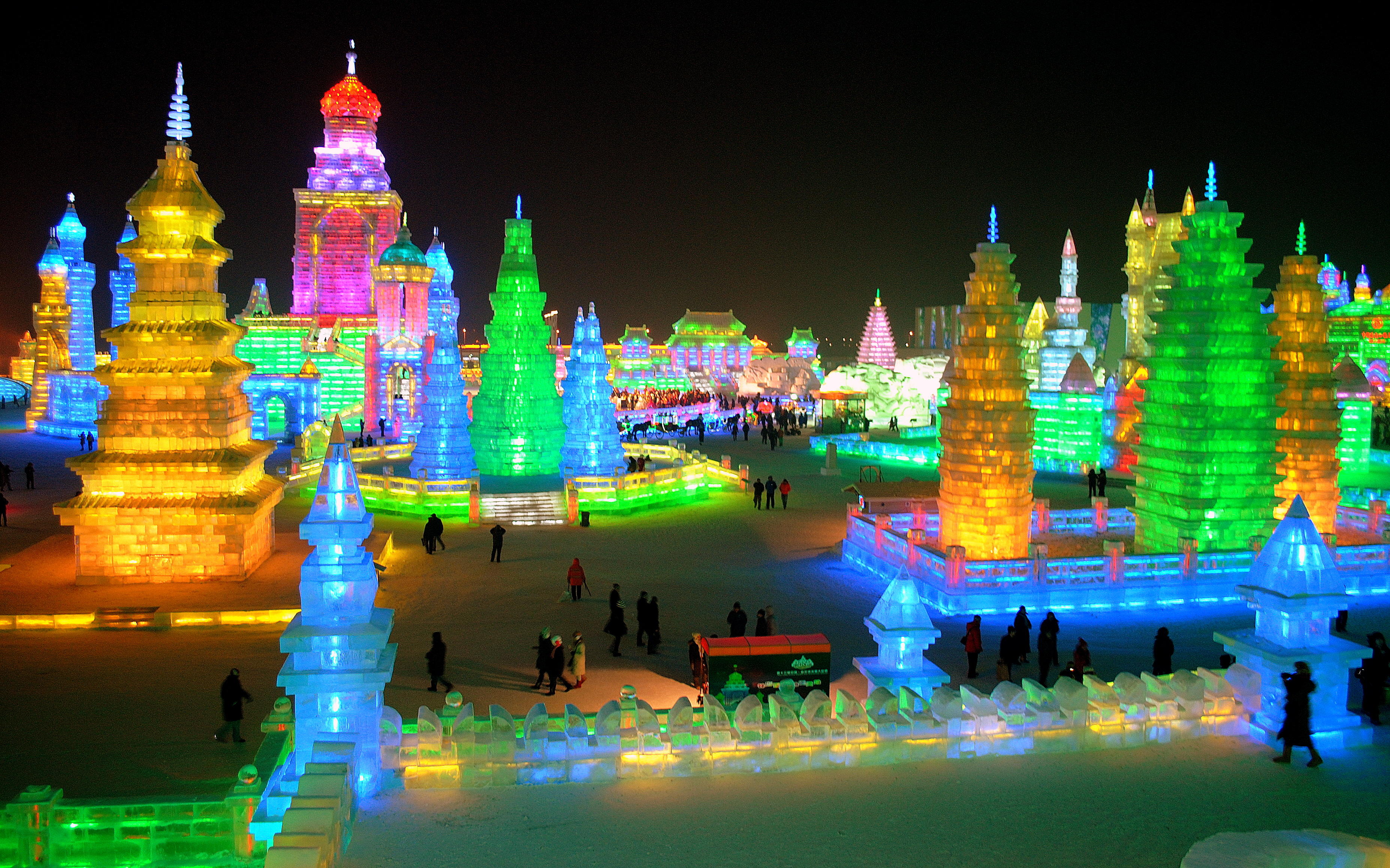
Each member of our team is passionate about the role we play in making a positive impact in the community. Learn more about the people behind the passion and what makes them proud to be part of the work we do.
Introducing David
I'm a writer. I like to write short and long stories. I did a novelling course with a publishing house and I won a creative fellowship with them. I like China. I studied Chinese throughout high school and university. I went to China with my high school, with the university and then on my own with my now wife. I also like coffee. Coffee is a big passion of mine. I was a barista for about 10 years, working in cafes. I have a little home setup that I'm about to expand with my birthday money from this year with a new grinder. During COVID, I went back and did my Masters of Writing and Publishing. I did my thesis on the motivating factors of fiction podcast listeners. And I have a son who's 2 years old now. I spend most of my time these days with my family.
What is your role at the Information Access Group?
I'm a Project Editor. I write a lot of Easy Read documents and review Easy Read documents that other team members write. I also assist our wider editorial team with issues, problems or ideas they've got day-to-day. I have also managed our document testers and take part in some focus groups by taking notes.
Tell us about a project you've worked on that you are proud of
I worked on the Royal Commission into Violence, Abuse, Neglect and Exploitation of People with Disability (the Disability Royal Commission). That included research reports, public hearings and the final report and the brochures that went along with the final report. There were 13 individual parts to the final report – 12 full volumes and then the summary. So that was a lot of work. It was a solid 3- or 4-month block where I did nothing but that. But it was very insightful. It helped me really understand why our work is so important and how disability discrimination affects people, hearing it in their words. It was challenging because I was writing sensitive and personal stories about people and what they had experienced. I'd done some work on the National Plan to End Violence Against Women and Children and that was a fairly heavy suite of documents, but they were very broad and very statistic based. Going from that into the Disability Royal Commission, where you get a specific story about a person who has a name and a bullet list of the specific abuse they experienced – that was really hard to stomach. Seeing how much care was taken in the response to that by the Disability Royal Commission – I really liked that the actual documents they were providing to us weren't pulling any punches. They were saying it how it is and they were calling out what wasn't right in quite powerful language. It was a really good feeling to be involved in that.
What do you find most rewarding about the work that you do at the Information Access Group?
I can really feel that what I'm doing makes a difference to someone. It's not just a job. It's a contribution. It’s like an anonymous piece of me that goes out there that someone might pick up and it'll make a difference to them.
Tell us about your experience of living in China

The second time I went was when I was in university and where I met (my now wife) Hayley. We were both studying at Deakin at the same time, but we were in different grade levels. We both went on the in-country program and met in Nanjing. When we finished university, our plan was always to go back to China and teach English. We originally planned to go for 6 months…but we ended up staying for 2 years.
I would love to go back as a family. One of the reasons we chose to come back was because we didn't want to have children there. We'd been in the schools and basically…it's a big cultural contrast between our schools and their schools. We wanted to be here for that plus family support. But I would love to go back. I dream about it sometimes. I talk to my dog in Chinese. He's the only one who listens these days.
Were there any highlights from your time in China?

Probably the most fun place that we went was Harbin – it’s quite an unusual place. It's just about as far north as you can go. It's the second last major city before you're in Russia. It's north of North Korea. In winter, because it's so cold, the river freezes and they build an ice city out of ice blocks. It's bigger than a football field and they build bell towers and slides and all these sorts of stuff out of ice and it's all lit up from within. It’s absolutely fantastic. We paid a lot of money to go because we weren’t earning very much at the time and we could only be out there in the cold for about an hour, hour and a half. It was minus 30 degrees. I had 2 pairs of woollen socks, 2 pairs of thermals and an outer layer of pants. I had a thermal top, t-shirt, jumper, coat, another coat, a scarf around my neck, a scarf around my face, 2 beanies, earmuffs, a face mask and a pair of gloves and I still was too cold. I had snow boots as well! But it was so worthwhile.
Tell us about your thesis – did you choose to explore this area because you are personally a big podcast listener?
No, I'm not a big podcast listener. I think I've listened to 2 podcasts. I've listened to Welcome to Night Vale and Wooden Overcoats and that's it. Our lecturer encouraged us to pick something that we didn't necessarily know about, but that we were curious about and wanted to understand. I had this notion in my head that people often choose fiction in TV, but they rarely choose fiction in audio. And I was wondering why that is. My thesis was on motivating factors for fiction podcast listeners – what makes people choose to listen to fiction podcasts? What do they get out of fiction podcasts? It was quite a hard journey because I had to start from square one. It was quite interesting. One of the things that came up that particularly interested me was the idea of a parasocial relationship – how a listener builds a relationship with a presenter or character when they’ve never met them. It’s a very interesting kind of relationship. One of the biggest rabbit holes I went down while researching my thesis is what differentiates podcasting from radio. Where do you draw the line? Now that you've got digital radio, what makes digital radio different to a podcast? The prevailing argument is what makes it different is nothing material in its production. It's entirely in the way that user engages with it. The difference is in why the user comes to it, how they use it and what they get out of it.
What did you want to be when you grew up?
As far back as I can remember I wanted to be an author. I’ve got a dozen or so big ideas boiling away in the background and not the motivation to do it. Now that I’ve got a child, I’m really questioning whether that will come. But it’s still the dream in the back of my mind, to write a couple of books or a series.
I did a novelling course at a publishing house, which was in the evenings. I applied for a creative fellowship at the same publishing house, which was weekly mentoring sessions for a year, a little bit of cash and access to all of their other courses. Unfortunately, there were some developments with my work (at the time) that meant I ended up choosing money and a job that paid over the passion that didn’t. Part of the reason why I made the transition out of hospitality and into editing is to be in this kind of environment and use these kinds of skills in the capacity that also earns me money, so I don’t have to choose anymore. It’s largely due to that lost opportunity. I’ve been trying to get back into writing a little bit lately and finding it quite hard. I think there’s a good group of people here who are also like minded so there’s a slow drift towards putting together some kind of writing group.
Each member of our team is passionate about the role we play in making a positive impact in the community. Learn more about the people behind the passion and what makes them proud to be part of the work we do.
Introducing David
I'm a writer. I like to write short and long stories. I did a novelling course with a publishing house and I won a creative fellowship with them. I like China. I studied Chinese throughout high school and university. I went to China with my high school, with the university and then on my own with my now wife. I also like coffee. Coffee is a big passion of mine. I was a barista for about 10 years, working in cafes. I have a little home setup that I'm about to expand with my birthday money from this year with a new grinder. During COVID, I went back and did my Masters of Writing and Publishing. I did my thesis on the motivating factors of fiction podcast listeners. And I have a son who's 2 years old now. I spend most of my time these days with my family.
What is your role at the Information Access Group?
I'm a Project Editor. I write a lot of Easy Read documents and review Easy Read documents that other team members write. I also assist our wider editorial team with issues, problems or ideas they've got day-to-day. I have also managed our document testers and take part in some focus groups by taking notes.
Tell us about a project you've worked on that you are proud of
I worked on the Royal Commission into Violence, Abuse, Neglect and Exploitation of People with Disability (the Disability Royal Commission). That included research reports, public hearings and the final report and the brochures that went along with the final report. There were 13 individual parts to the final report – 12 full volumes and then the summary. So that was a lot of work. It was a solid 3- or 4-month block where I did nothing but that. But it was very insightful. It helped me really understand why our work is so important and how disability discrimination affects people, hearing it in their words. It was challenging because I was writing sensitive and personal stories about people and what they had experienced. I'd done some work on the National Plan to End Violence Against Women and Children and that was a fairly heavy suite of documents, but they were very broad and very statistic based. Going from that into the Disability Royal Commission, where you get a specific story about a person who has a name and a bullet list of the specific abuse they experienced – that was really hard to stomach. Seeing how much care was taken in the response to that by the Disability Royal Commission – I really liked that the actual documents they were providing to us weren't pulling any punches. They were saying it how it is and they were calling out what wasn't right in quite powerful language. It was a really good feeling to be involved in that.
What do you find most rewarding about the work that you do at the Information Access Group?
I can really feel that what I'm doing makes a difference to someone. It's not just a job. It's a contribution. It’s like an anonymous piece of me that goes out there that someone might pick up and it'll make a difference to them.
Tell us about your experience of living in China

The second time I went was when I was in university and where I met (my now wife) Hayley. We were both studying at Deakin at the same time, but we were in different grade levels. We both went on the in-country program and met in Nanjing. When we finished university, our plan was always to go back to China and teach English. We originally planned to go for 6 months…but we ended up staying for 2 years.
I would love to go back as a family. One of the reasons we chose to come back was because we didn't want to have children there. We'd been in the schools and basically…it's a big cultural contrast between our schools and their schools. We wanted to be here for that plus family support. But I would love to go back. I dream about it sometimes. I talk to my dog in Chinese. He's the only one who listens these days.
Were there any highlights from your time in China?

Probably the most fun place that we went was Harbin – it’s quite an unusual place. It's just about as far north as you can go. It's the second last major city before you're in Russia. It's north of North Korea. In winter, because it's so cold, the river freezes and they build an ice city out of ice blocks. It's bigger than a football field and they build bell towers and slides and all these sorts of stuff out of ice and it's all lit up from within. It’s absolutely fantastic. We paid a lot of money to go because we weren’t earning very much at the time and we could only be out there in the cold for about an hour, hour and a half. It was minus 30 degrees. I had 2 pairs of woollen socks, 2 pairs of thermals and an outer layer of pants. I had a thermal top, t-shirt, jumper, coat, another coat, a scarf around my neck, a scarf around my face, 2 beanies, earmuffs, a face mask and a pair of gloves and I still was too cold. I had snow boots as well! But it was so worthwhile.
Tell us about your thesis – did you choose to explore this area because you are personally a big podcast listener?
No, I'm not a big podcast listener. I think I've listened to 2 podcasts. I've listened to Welcome to Night Vale and Wooden Overcoats and that's it. Our lecturer encouraged us to pick something that we didn't necessarily know about, but that we were curious about and wanted to understand. I had this notion in my head that people often choose fiction in TV, but they rarely choose fiction in audio. And I was wondering why that is. My thesis was on motivating factors for fiction podcast listeners – what makes people choose to listen to fiction podcasts? What do they get out of fiction podcasts? It was quite a hard journey because I had to start from square one. It was quite interesting. One of the things that came up that particularly interested me was the idea of a parasocial relationship – how a listener builds a relationship with a presenter or character when they’ve never met them. It’s a very interesting kind of relationship. One of the biggest rabbit holes I went down while researching my thesis is what differentiates podcasting from radio. Where do you draw the line? Now that you've got digital radio, what makes digital radio different to a podcast? The prevailing argument is what makes it different is nothing material in its production. It's entirely in the way that user engages with it. The difference is in why the user comes to it, how they use it and what they get out of it.
What did you want to be when you grew up?
As far back as I can remember I wanted to be an author. I’ve got a dozen or so big ideas boiling away in the background and not the motivation to do it. Now that I’ve got a child, I’m really questioning whether that will come. But it’s still the dream in the back of my mind, to write a couple of books or a series.
I did a novelling course at a publishing house, which was in the evenings. I applied for a creative fellowship at the same publishing house, which was weekly mentoring sessions for a year, a little bit of cash and access to all of their other courses. Unfortunately, there were some developments with my work (at the time) that meant I ended up choosing money and a job that paid over the passion that didn’t. Part of the reason why I made the transition out of hospitality and into editing is to be in this kind of environment and use these kinds of skills in the capacity that also earns me money, so I don’t have to choose anymore. It’s largely due to that lost opportunity. I’ve been trying to get back into writing a little bit lately and finding it quite hard. I think there’s a good group of people here who are also like minded so there’s a slow drift towards putting together some kind of writing group.



